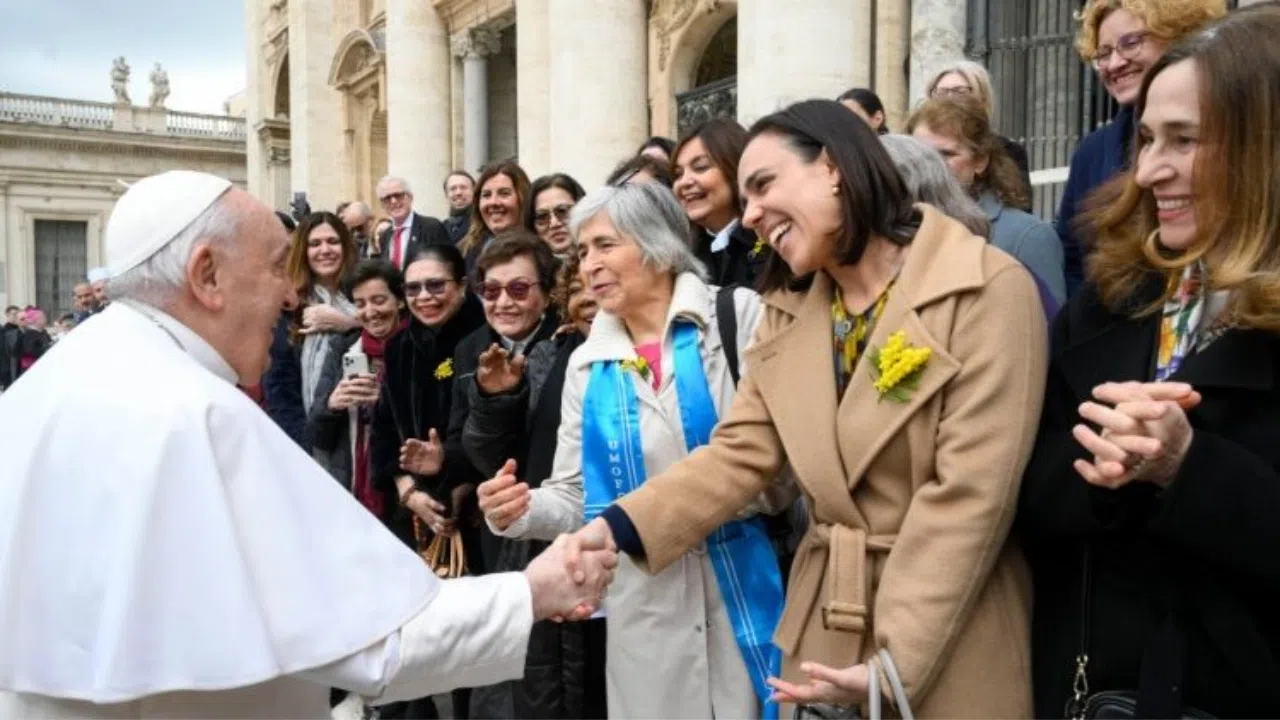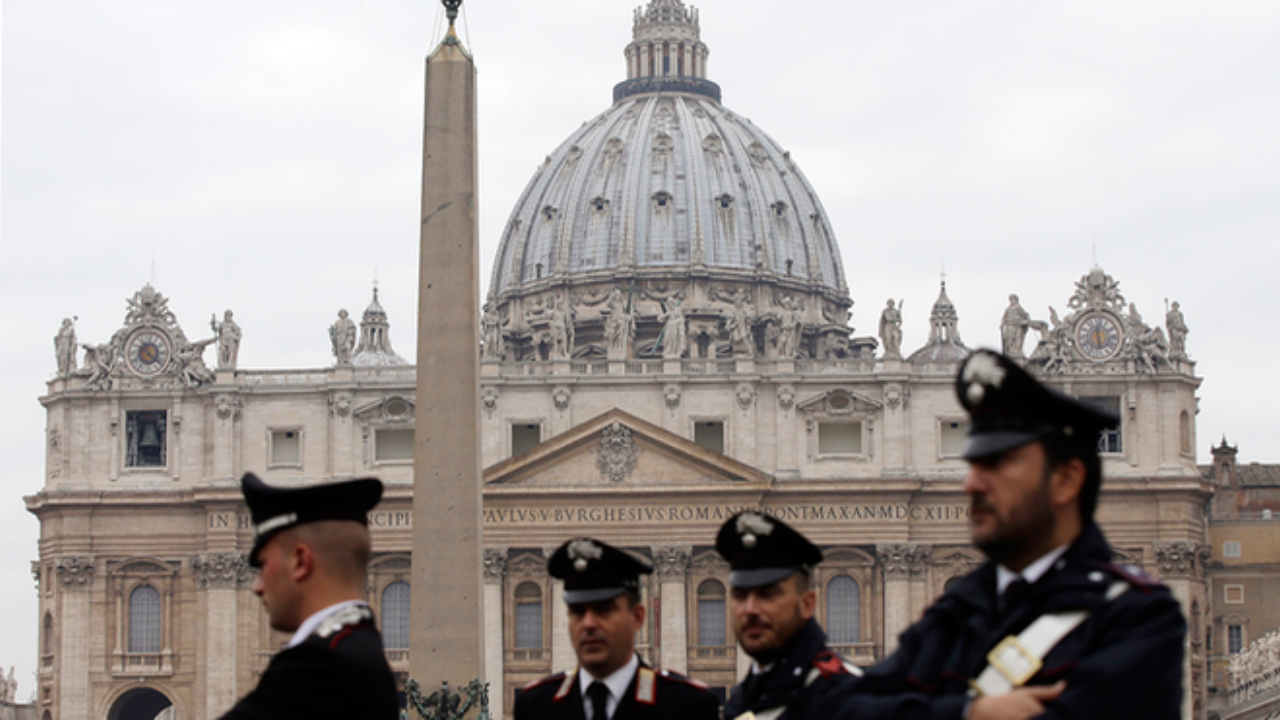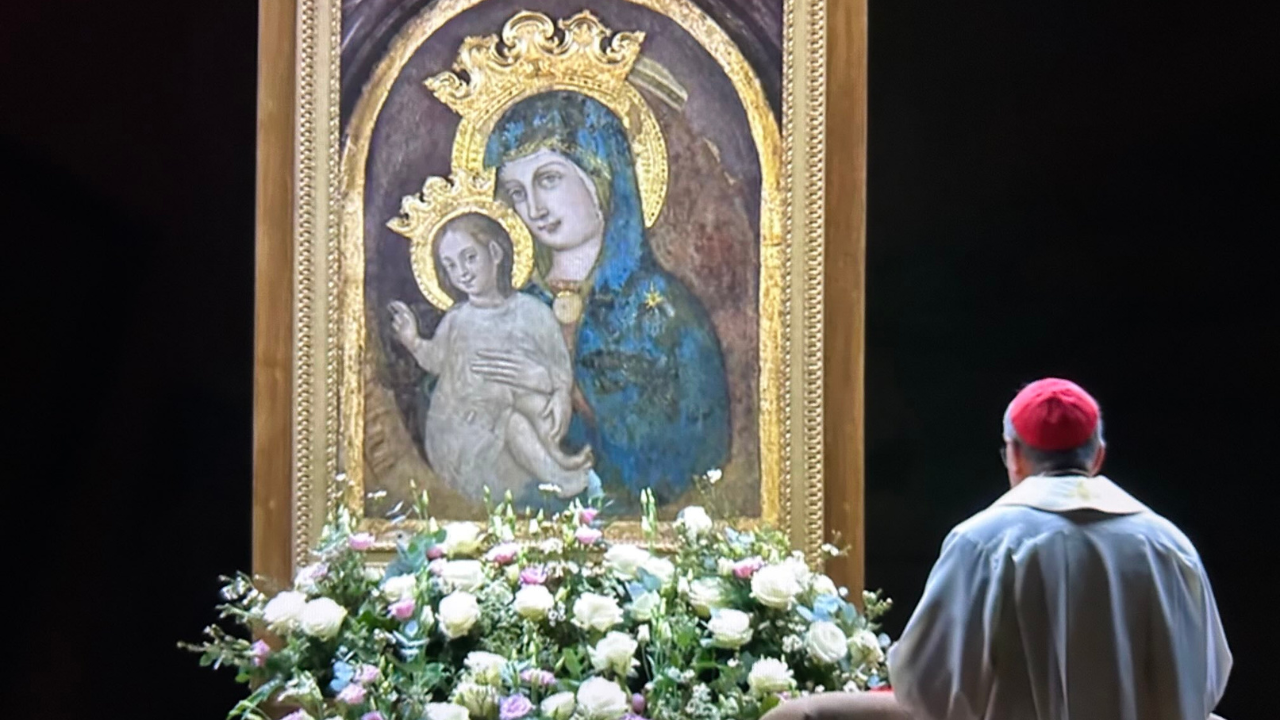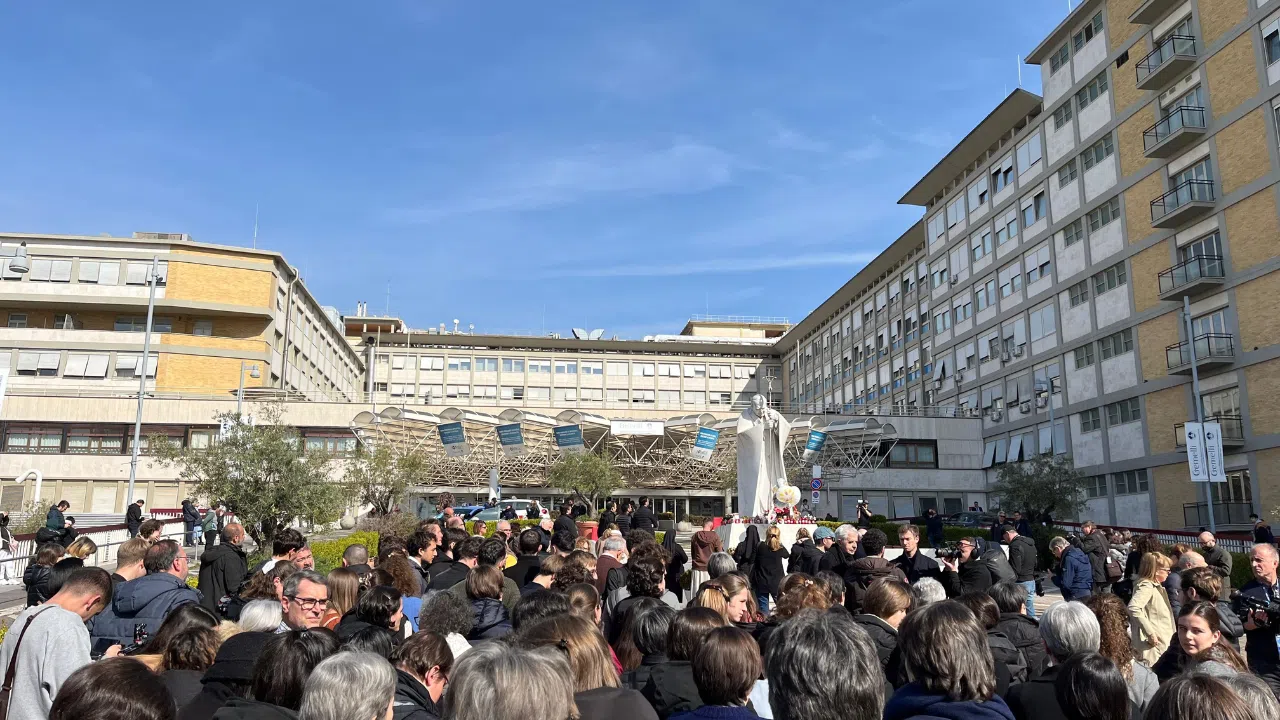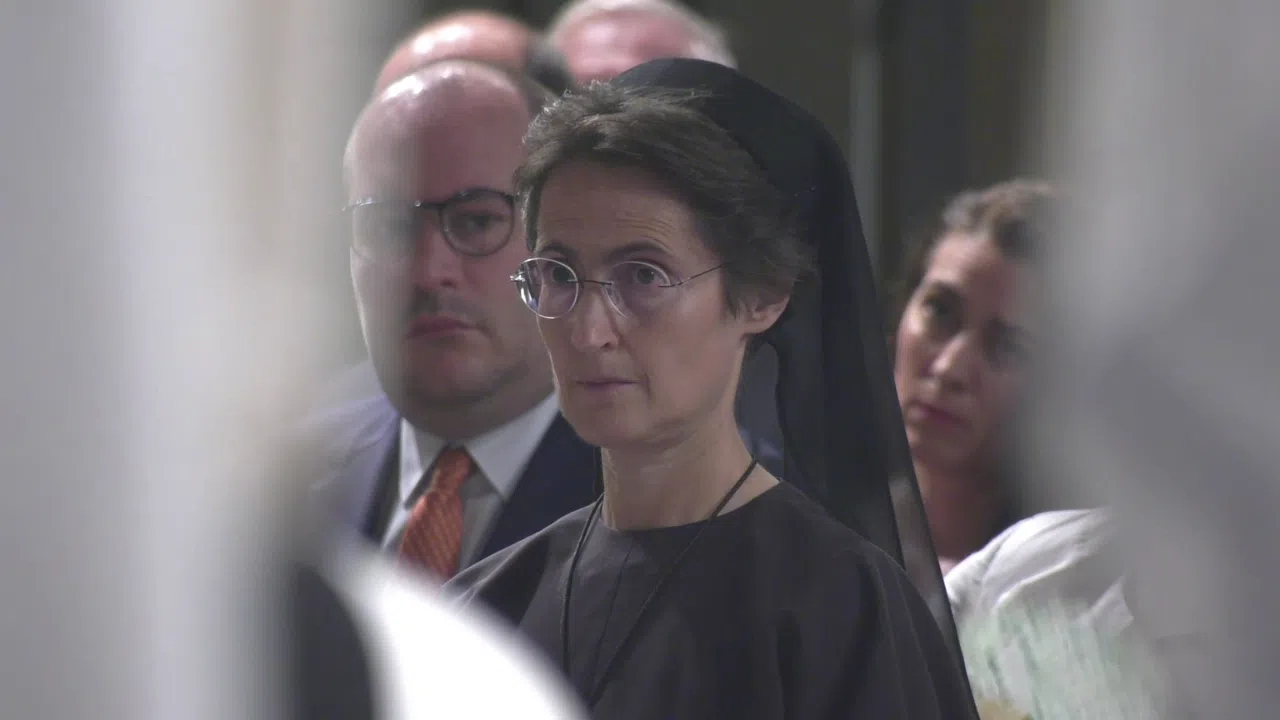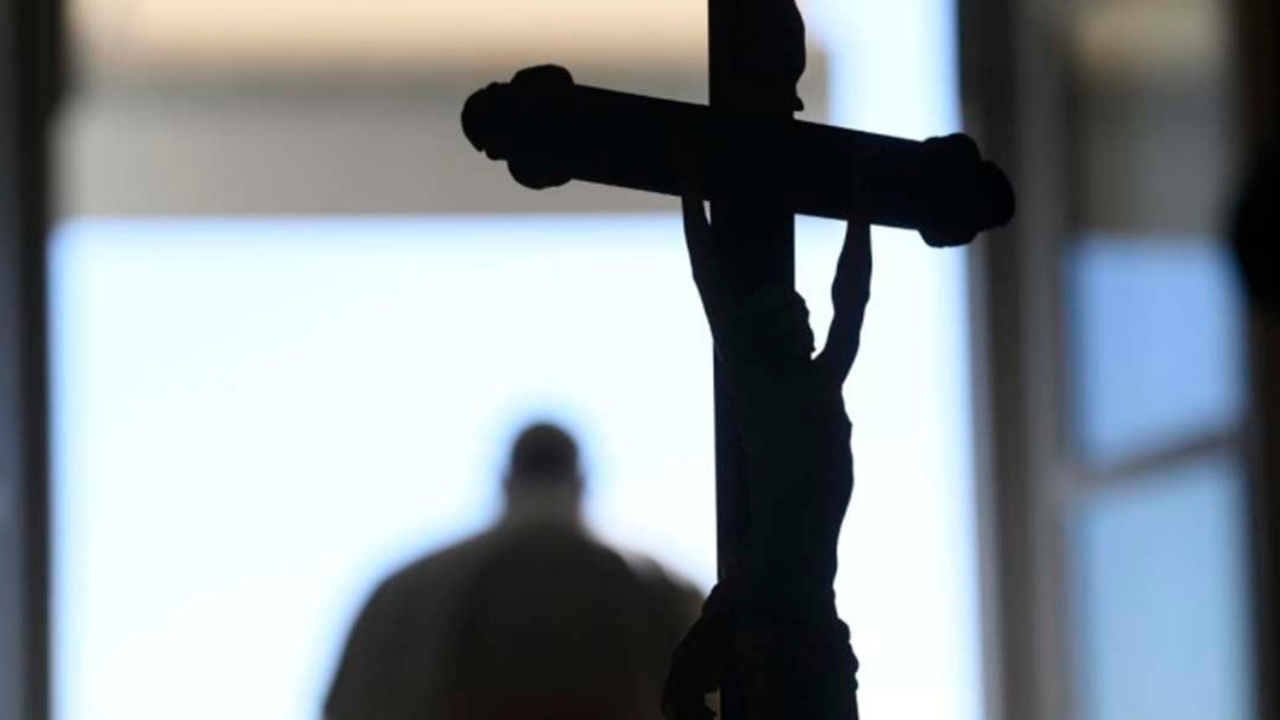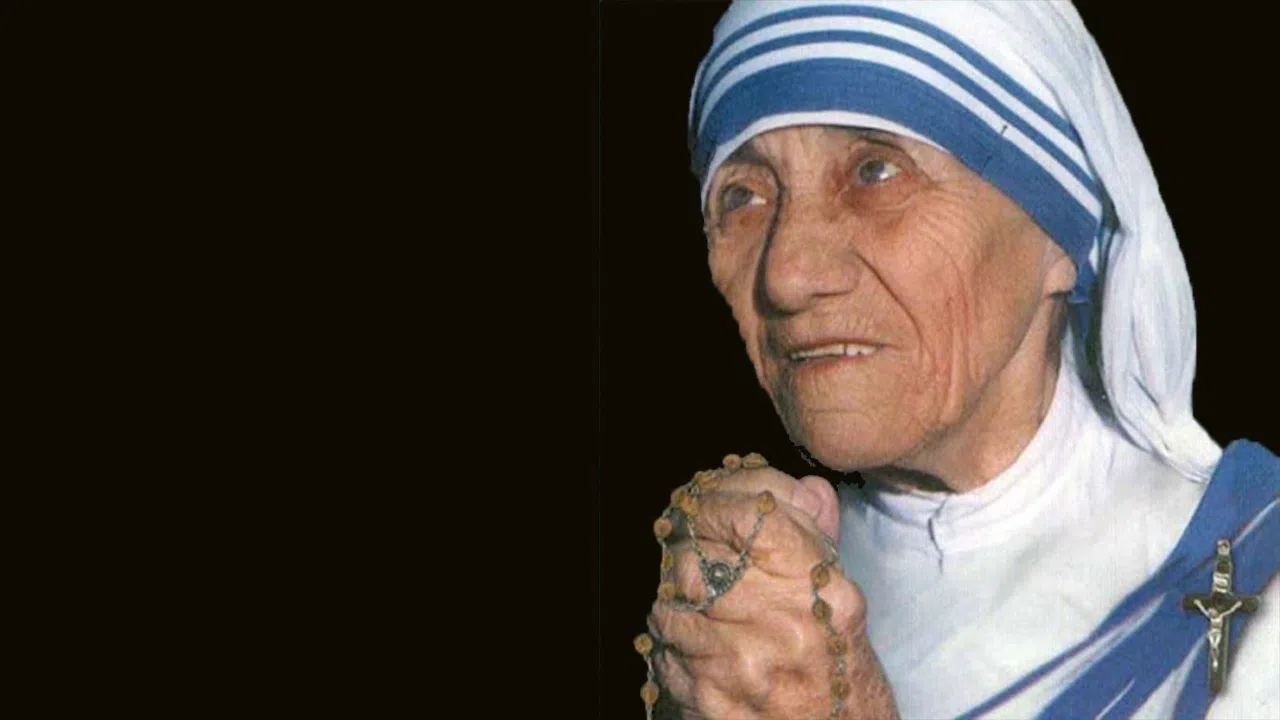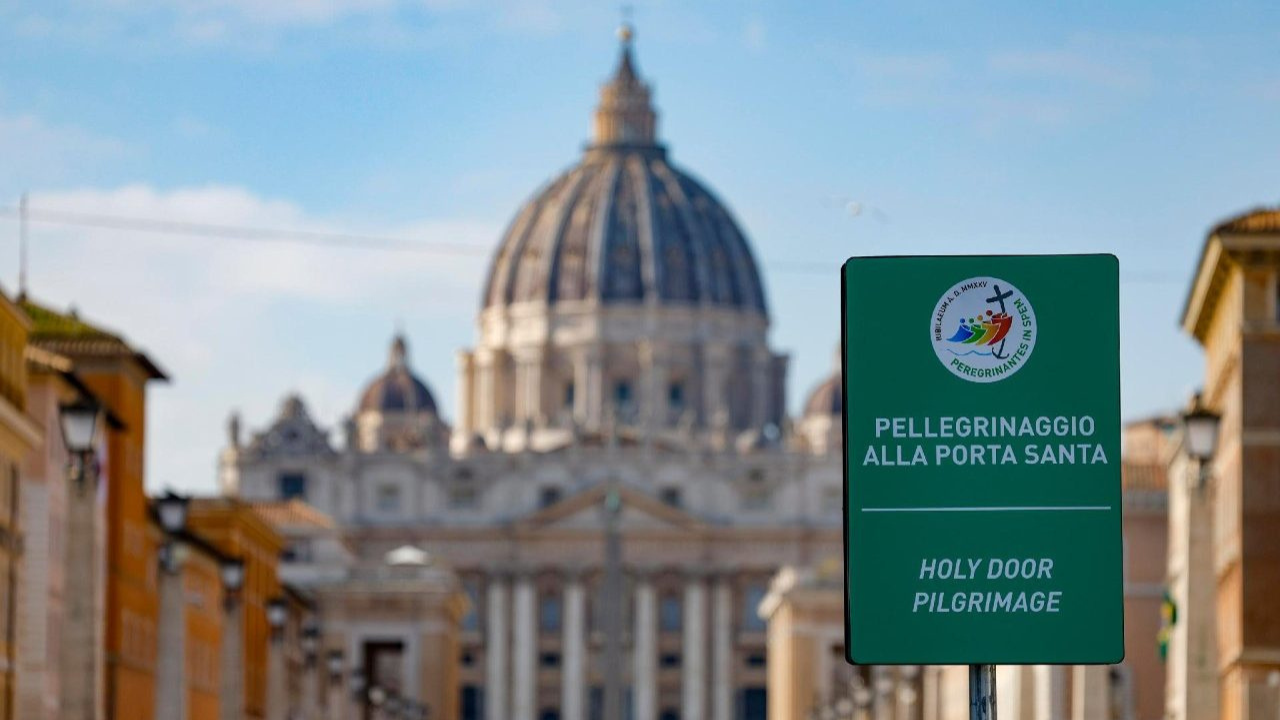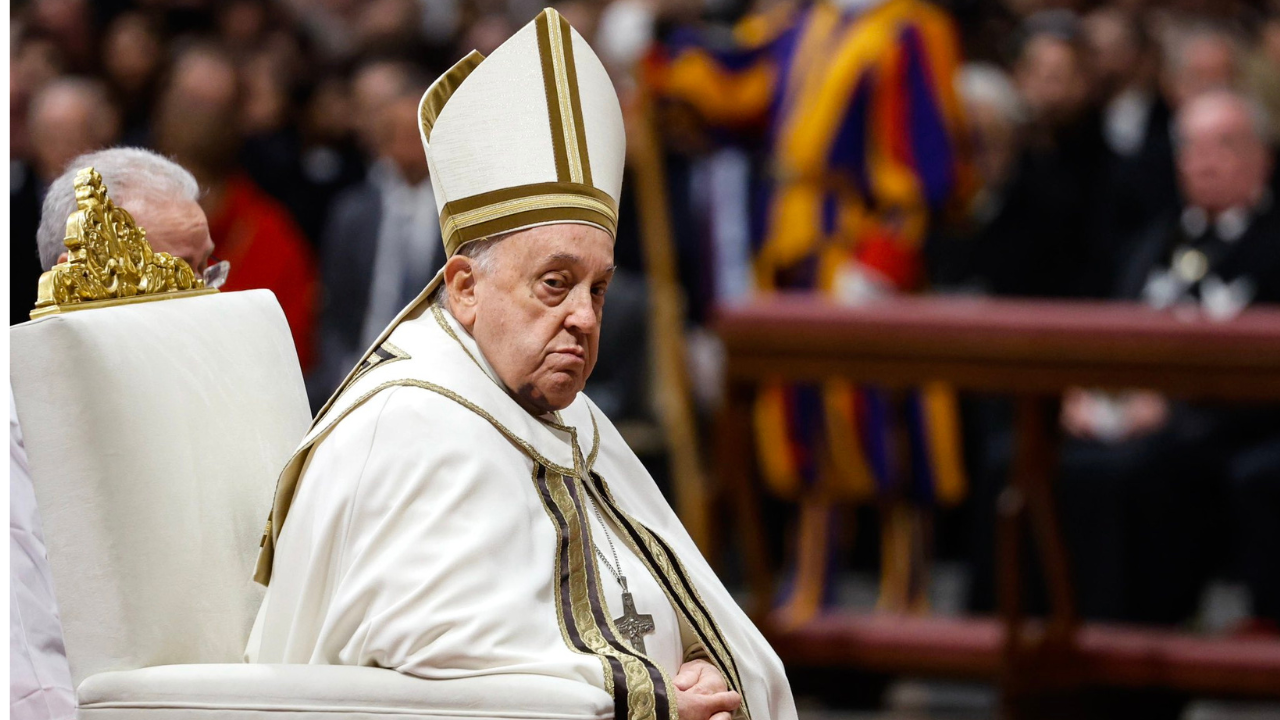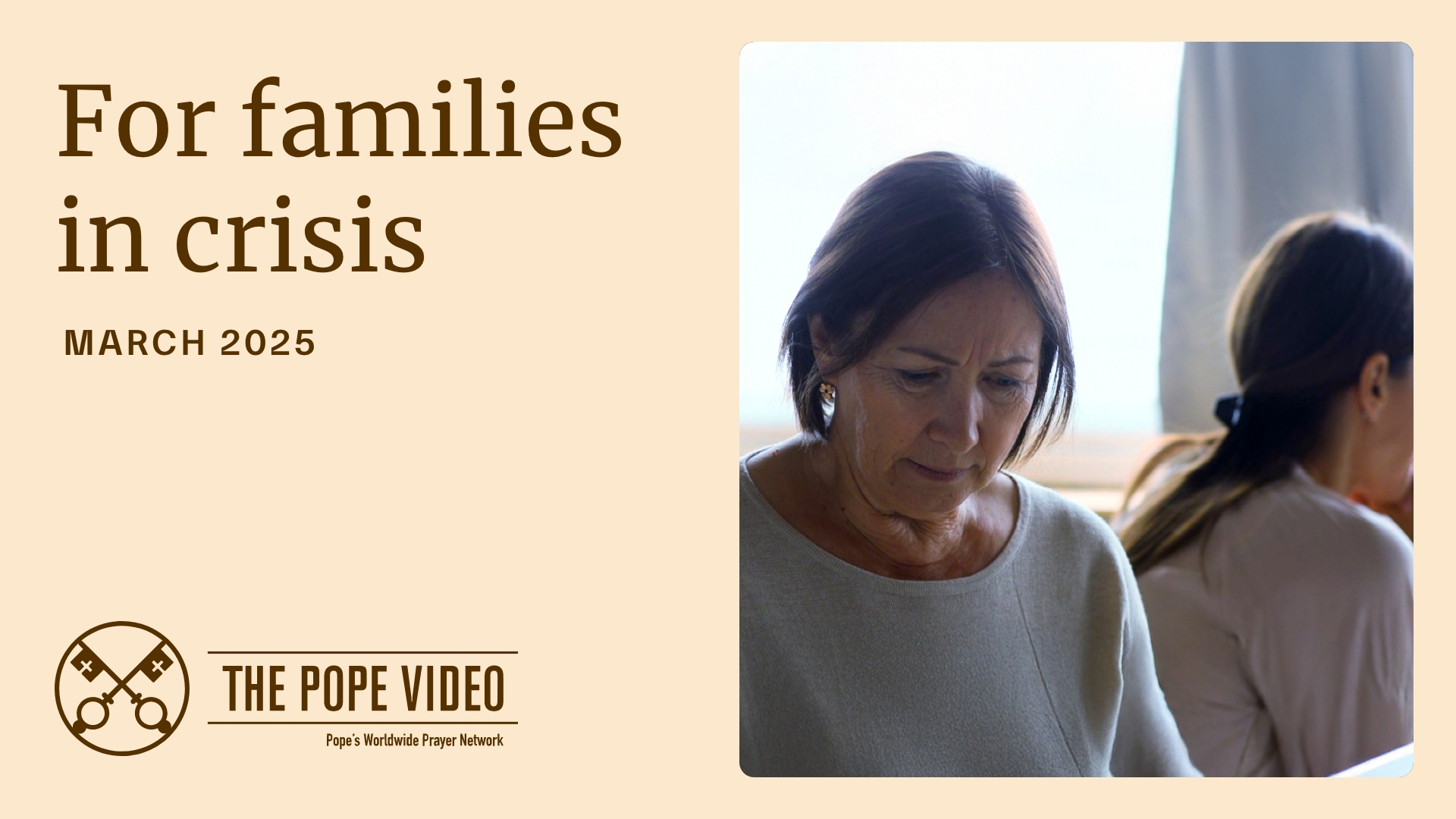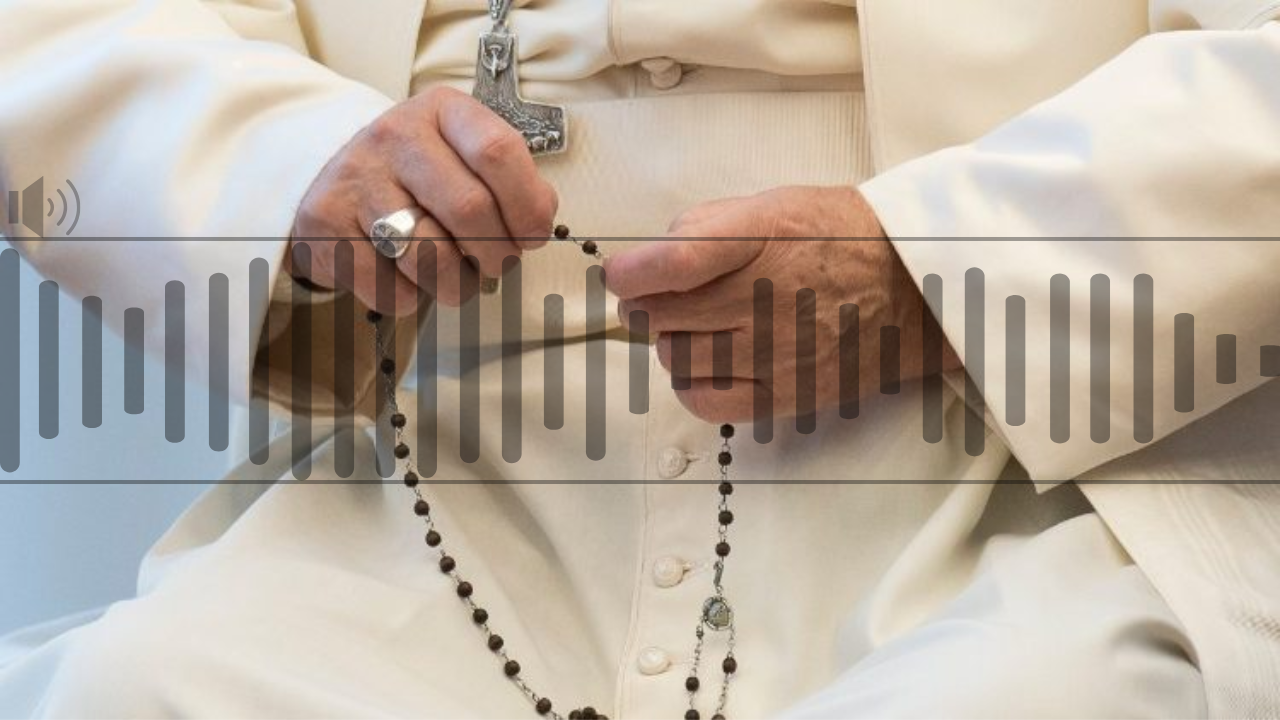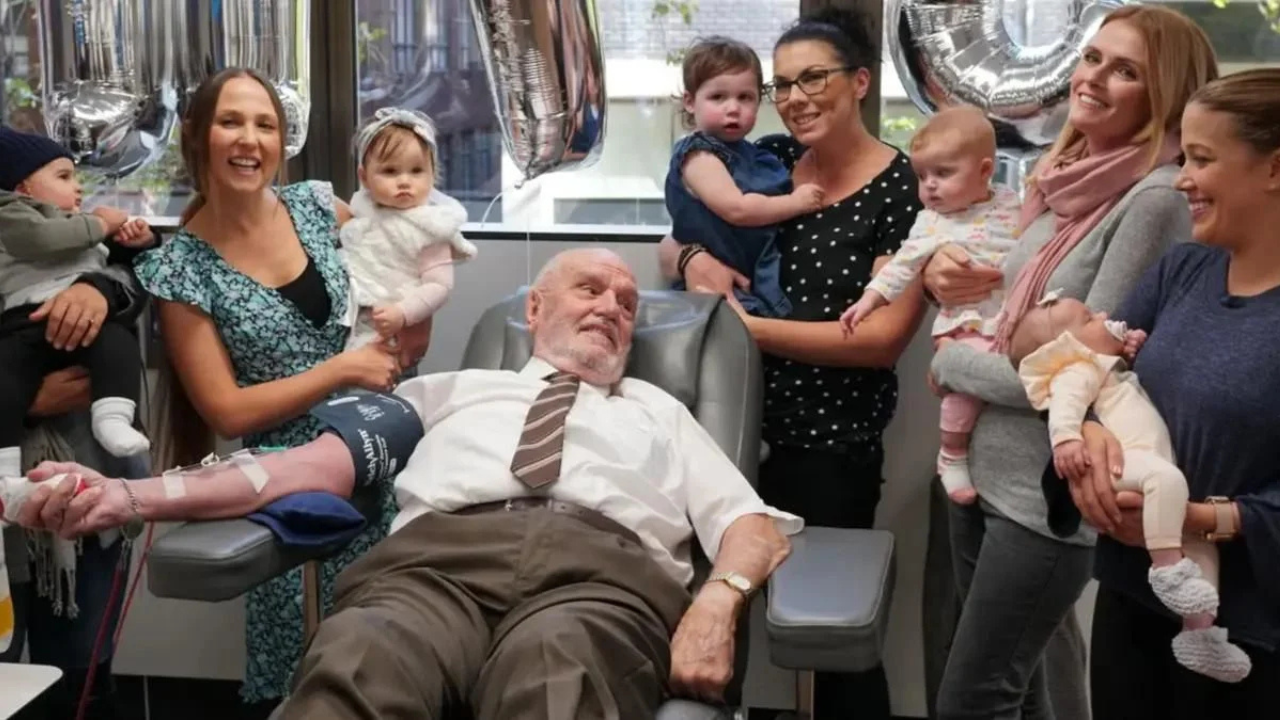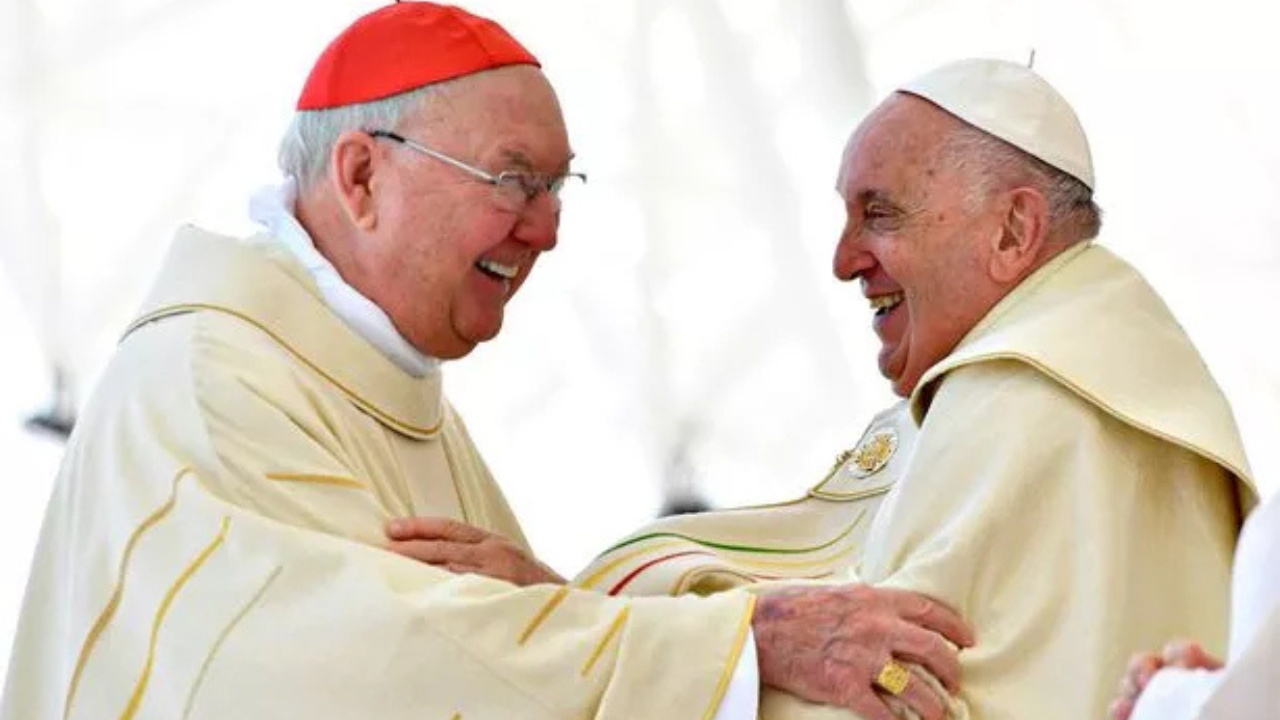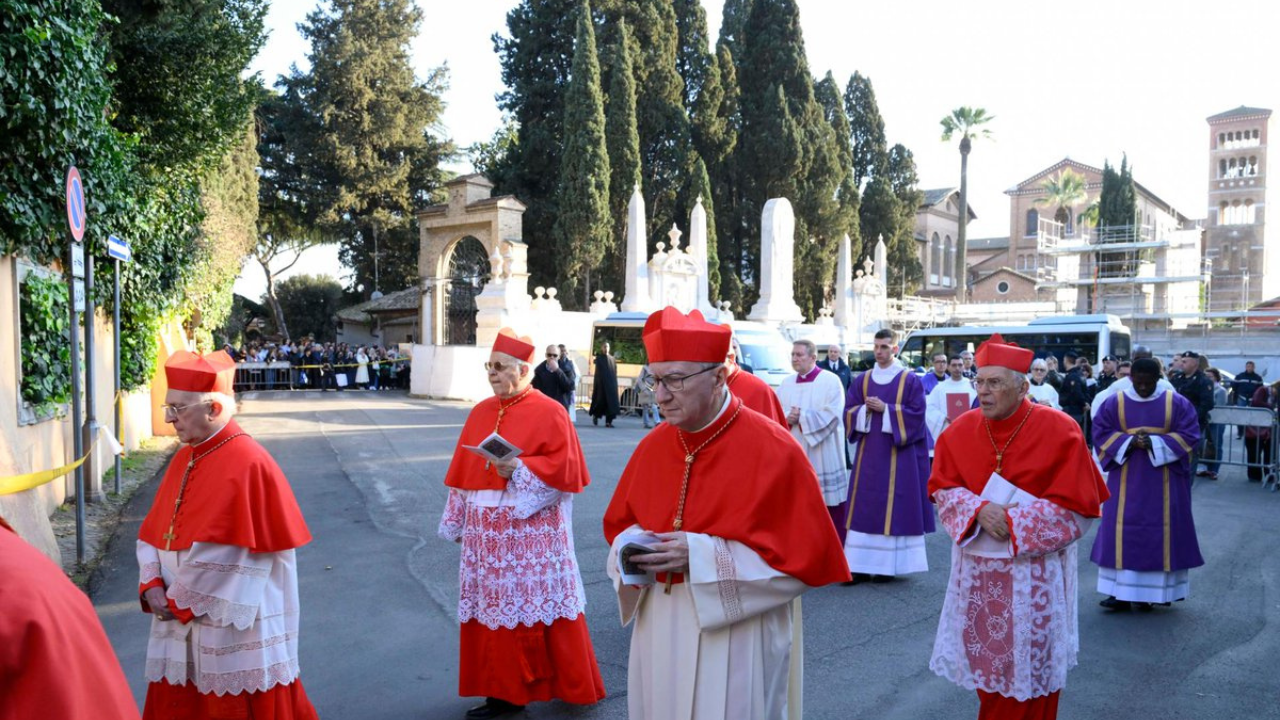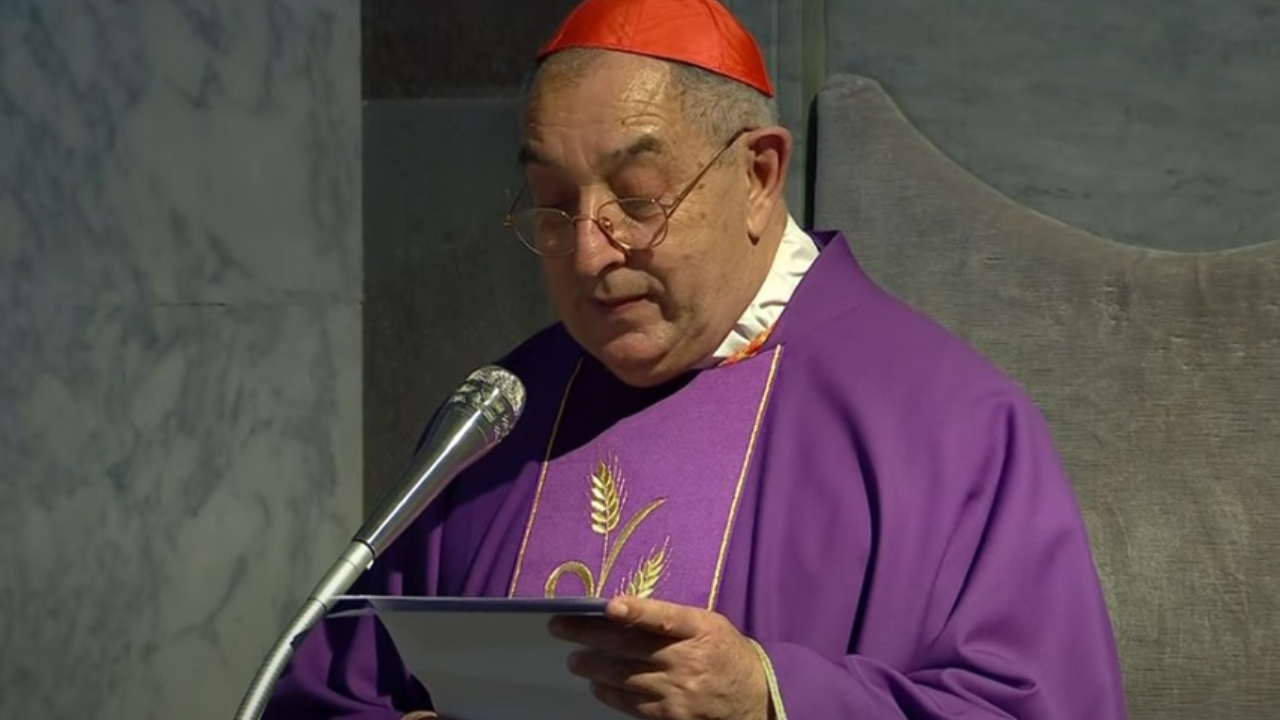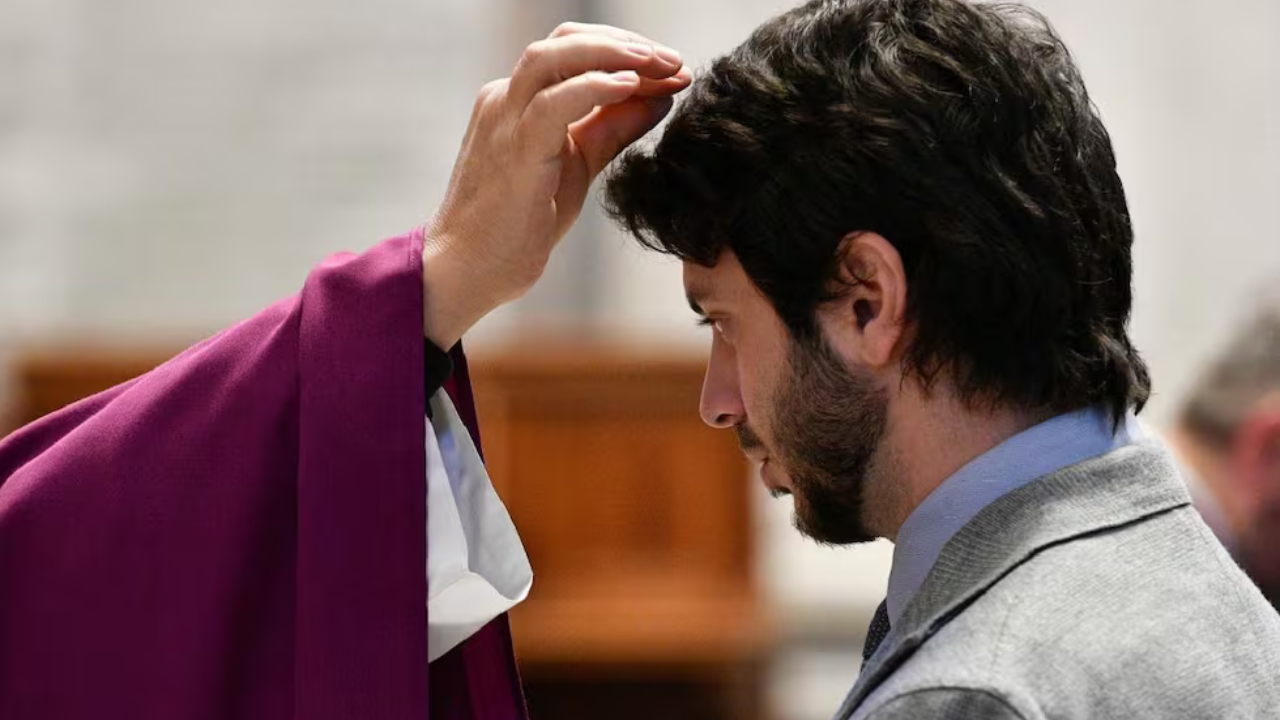The effects of the 2014 Ebola epidemic, which killed nearly 4,000 people, are still being felt in Sierra Leone. The country is also still suffering from the consequences of its civil war. It lasted 11 years and left the country in a state of extreme poverty.
FR. LUIS PEREZ
Xaverian Missionary in Sierra Leone
I remember, above all, that in times of war, the most recurring themes in our conversations and homilies were peace, forgiveness, understanding and reconciliation. Those themes were what helped us to live a little in that time of great violence.
One of the main problems of the conflict was the use of child soldiers. Many lost their childhood to the war. Some, as young as 5 years old, were recruited and exploited by the rebels. They were taught to kill and were used as human shields.
FR. LUIS PEREZ
Xaverian Missionary in Sierra Leone
The war lasted ten years and the child soldiers were a part of it from the beginning. Years went by and for many of them, by the time they came out of the conflict, they only knew what war, death and violence were. Other values had been overshadowed in the lives of these poor boys and girls.
The fundamental goal for the missionaries in Sierra Leone was to get the children out of this situation and move them to an environment where they could live a normal life.
FR. LUIS PEREZ
Xaverian Missionary in Sierra Leone
Moreover, all of this did a lot of good: making a life where the children were actually seen and respected. It took many years but many saw that life could be different and that they themselves could also contribute to society.
Sierra Leone, specifically Makeni, became a mission territory when the first Xaverian missionaries arrived in 1950. Since then, their mission, supported by the Pontifical Mission Societies, has been based on helping others through setting up schools, hospitals and other social institutions.
CA
TR: MG
